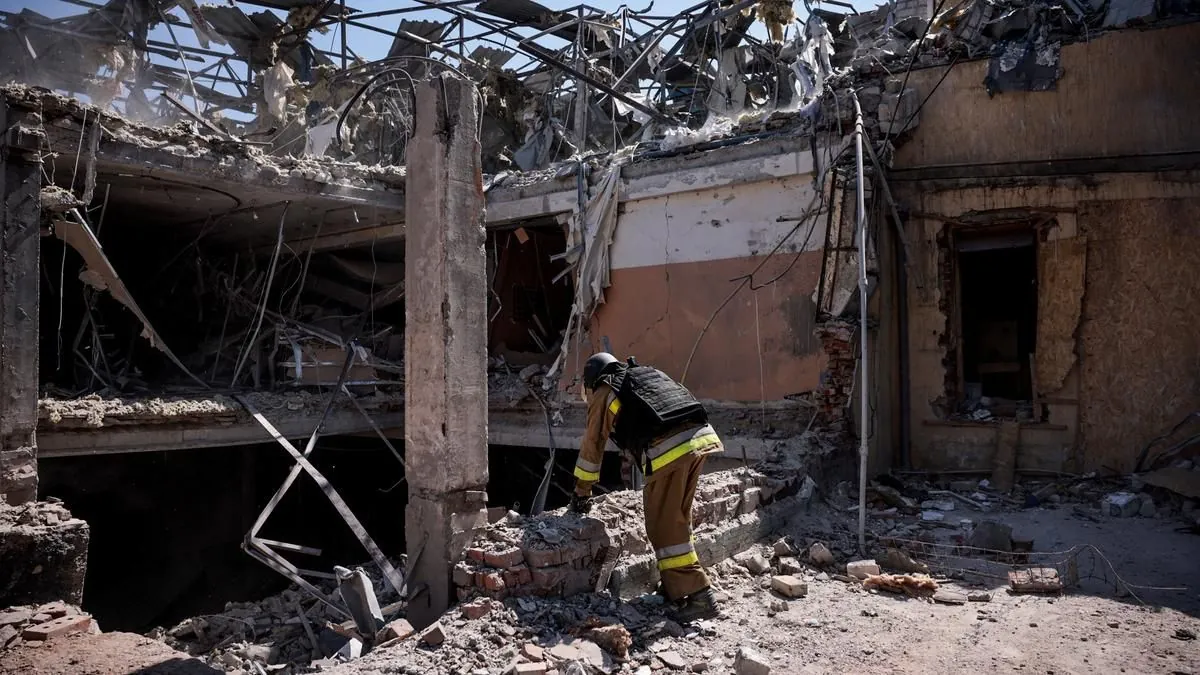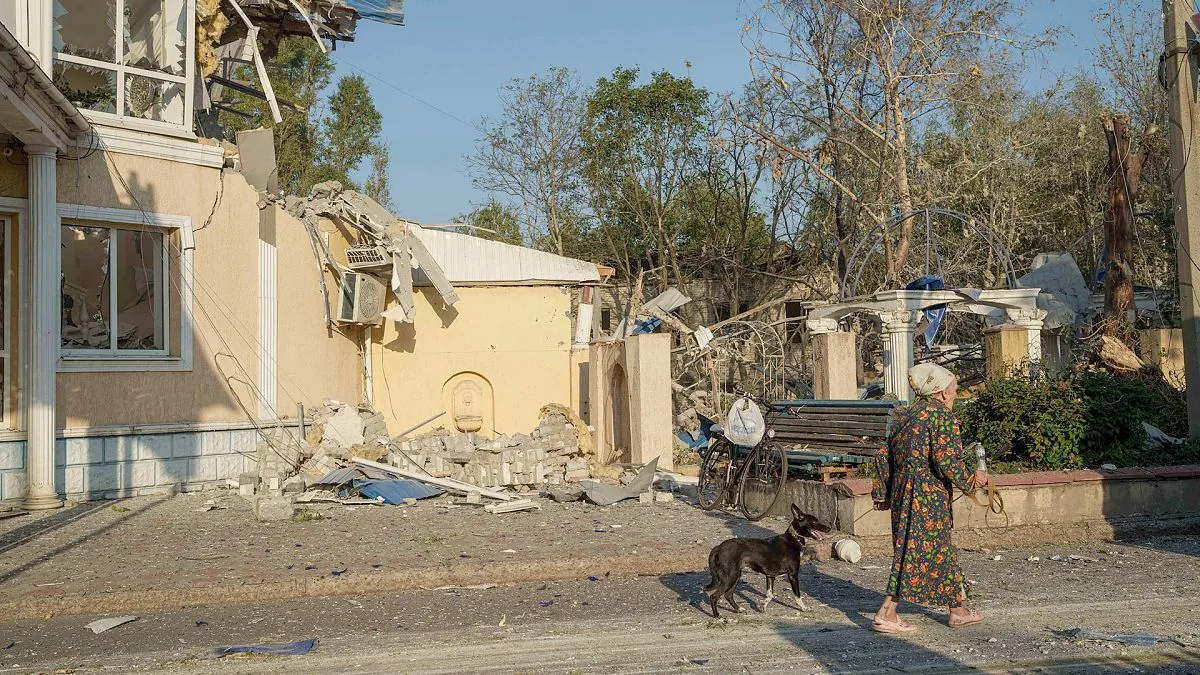Reuters Safety Adviser Killed in Eastern Ukraine Hotel Missile Strike
A missile attack on a hotel in Kramatorsk, Ukraine, resulted in the death of a Reuters safety adviser and injured two journalists. The incident highlights the ongoing dangers in the conflict-ridden Donetsk region.

On Saturday, August 24, 2024, a missile strike on Hotel Sapphire in Kramatorsk, eastern Ukraine, resulted in the death of a Reuters safety adviser and injuries to two journalists. The incident underscores the persistent dangers faced by media personnel in conflict zones.
Ryan Evans, a 38-year-old former British soldier who had been providing safety advice for Reuters since 2022, lost his life in the attack. Two journalists were hospitalized, with one sustaining serious injuries. Three other team members were reported safe.
Kramatorsk, the administrative center of Kramatorsk Raion in Donetsk Oblast, has been a frequent target of attacks during the ongoing conflict. The region, partially controlled by Russian-backed separatists since 2014, has witnessed some of the fiercest fighting in recent years.

Ukraine's State Emergency Service reported that the two-story hotel was partially destroyed by what they identified as a Russian Iskander missile. This mobile short-range ballistic missile system, with a range of up to 500 kilometers, is known to be deployed by Russian forces.
Volodymyr Zelensky, the President of Ukraine since 2019, addressed the incident in his nightly speech, stating:
"An ordinary city hotel was destroyed by a Russian Iskander missile — deliberately, purposefully. This strike injured seven people and took one life."
The attack on Hotel Sapphire adds to the growing list of journalists affected by the conflict. The Committee to Protect Journalists reports that over a dozen media workers have lost their lives in Ukraine since 2014, highlighting the risks associated with reporting from war zones.
Reuters, one of the world's largest news agencies founded in 1851, has been actively covering the Ukrainian conflict. The agency often employs safety advisers with military backgrounds to protect their correspondents in high-risk areas.
As investigations continue, the incident serves as a stark reminder of the challenges faced by journalists and support staff operating in conflict zones. The ongoing situation in Donetsk Oblast, a region that has been at the center of tensions since the Russian annexation of Crimea in 2014, continues to pose significant risks to both civilians and media personnel.
The Russian Defense Ministry has not responded to requests for comment on the incident. However, they continue to post regular updates on their military operations via social media platforms like Telegram, which has become a popular channel for information dissemination in the region.
As the conflict in Ukraine approaches its tenth year, the international community remains concerned about the safety of journalists and the importance of maintaining press freedom in areas affected by war.


































